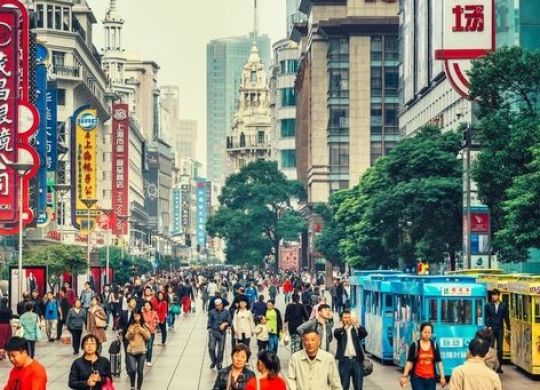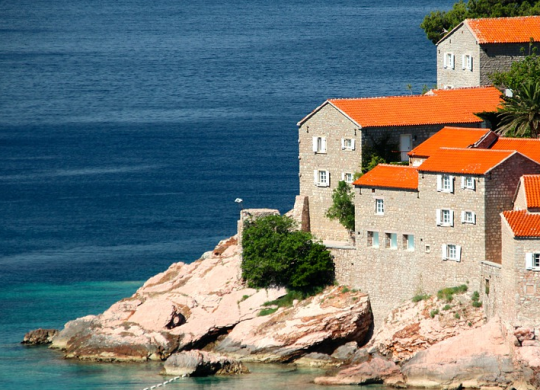Moving to Equatorial Guinea: everything a foreigner needs to know

The Republic of Equatorial Guinea is a small country located in Central Africa along the Gulf of Guinea. The country consists of a landmass called Rio Muni and the islands of Bioko and Annobon. Following the discovery of significant oil reserves in the 1990s, Equatorial Guinea was one of the largest economies in Africa and one of the largest oil producers in sub-Saharan Africa. This sector attracts the majority of expatriate job seekers.
The official languages of the country are Spanish and Portuguese. For a while, French was the other official language, but today it can only be heard in some border towns. Thus, expatriates speaking these languages will easily adapt to their new environment. To find out more about the details of going abroad to Equatorial Guinea, keep reading
How to obtain citizenship
There are several ways to obtain citizenship:
• BY BIRTH: A child born on the territory of Equatorial Guinea is granted citizenship regardless of the nationality of the parents. The only exception is a child born to foreigners in the service of their country.
• BY ORIGIN: A child born abroad, at least one of whose parents is an Equatorial Guinean citizen, may obtain a passport.
• NATURALISATION: To obtain citizenship through naturalization, you must: legally reside in the country for at least ten years and renounce your primary citizenship.
Temporary residence permit
Even if your country is visa-free and you intend to stay in Equatorial Guinea, you must apply for a residence permit in your home country before arriving in Equatorial Guinea. Migrants must obtain a one-year residence permit from the Ministry of National Security, which can be renewed. Residence permit holders no longer need a visa to leave or enter Equatorial Guinea for the duration of the residence permit.
Important subtleties
In some countries, Equatorial Guinea's official embassies and consulates do not issue residence permits. Applicants must obtain a short-term tourist visa and apply for a residence permit upon arrival in Equatorial Guinea. The procedure may vary depending on your country of residence, nationality, and the policy of the embassy you are applying to. It is advisable to contact your nearest embassy/consulate for accurate information on long-term visas. An alternative option may be a checklist, which provides detailed information on moving from all countries. You can purchase a checklist from the Visit World website.
Documents required
• Application addressed to the Director of National Security;
• A completed application form for a residence permit issued by CNDGE;
• Three passport photos with a white background;
• Original passport/travel document;
• Submit HIV/AIDS test results;
• Written statement of the activities that the applicant will carry out during his/her stay in Equatorial Guinea;
• Employment contract/admission to the university;
• Certificate of registration at the town hall;
• Identity document of the applicant.
Health care
The lack of proper funding for the health sector is forcing many doctors to quit medicine due to a lack of salaries. Data shows that there are only three doctors per 10,000 people in Equatorial Guinea. In addition, as payments are insufficient to maintain facilities, many people leave due to the difficulty of providing care. In addition, expensive medicines force people to abandon modern medicine and switch to traditional medicine. We, therefore, recommend that you consider purchasing international health insurance.
Recommended articles
2 min
Expats
Every year, more and more expats dream of moving to China for permanent residence, because the country offers favorable conditions for living, working and relaxing. Learn more about the features of life in the country, the necessary documents for obtaining a visa and the conditions for obtaining Chinese citizenship in 2025
21 Jan. 2025
More details3 min
Residence permit
Moving to Montenegro in 2024: advantages and disadvantages of obtaining a residence permit
Montenegro is a country with a warm Mediterranean climate and incredible scenery. Migrants are attracted by the proximity to Europe, relatively inexpensive living, simplified visa policy, and EU candidate status. Learn more about obtaining a residence permit in Montenegro in 2024
03 Jun. 2024
More details5 min
Work
6 min
Education
All materials and articles are owned by VisitWorld.Today and are protected by international intellectual property regulations. When using materials, approval from VisitWorld.Today is required.